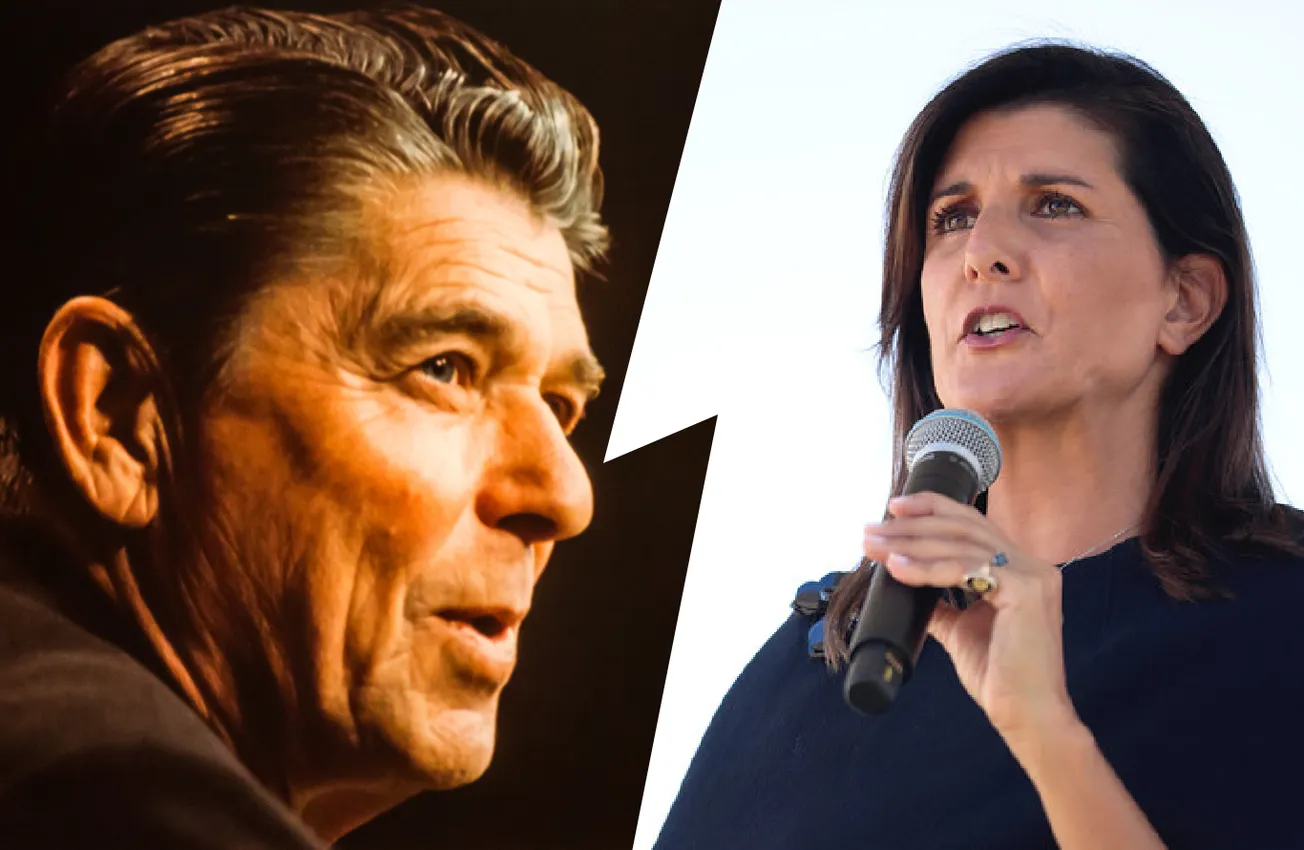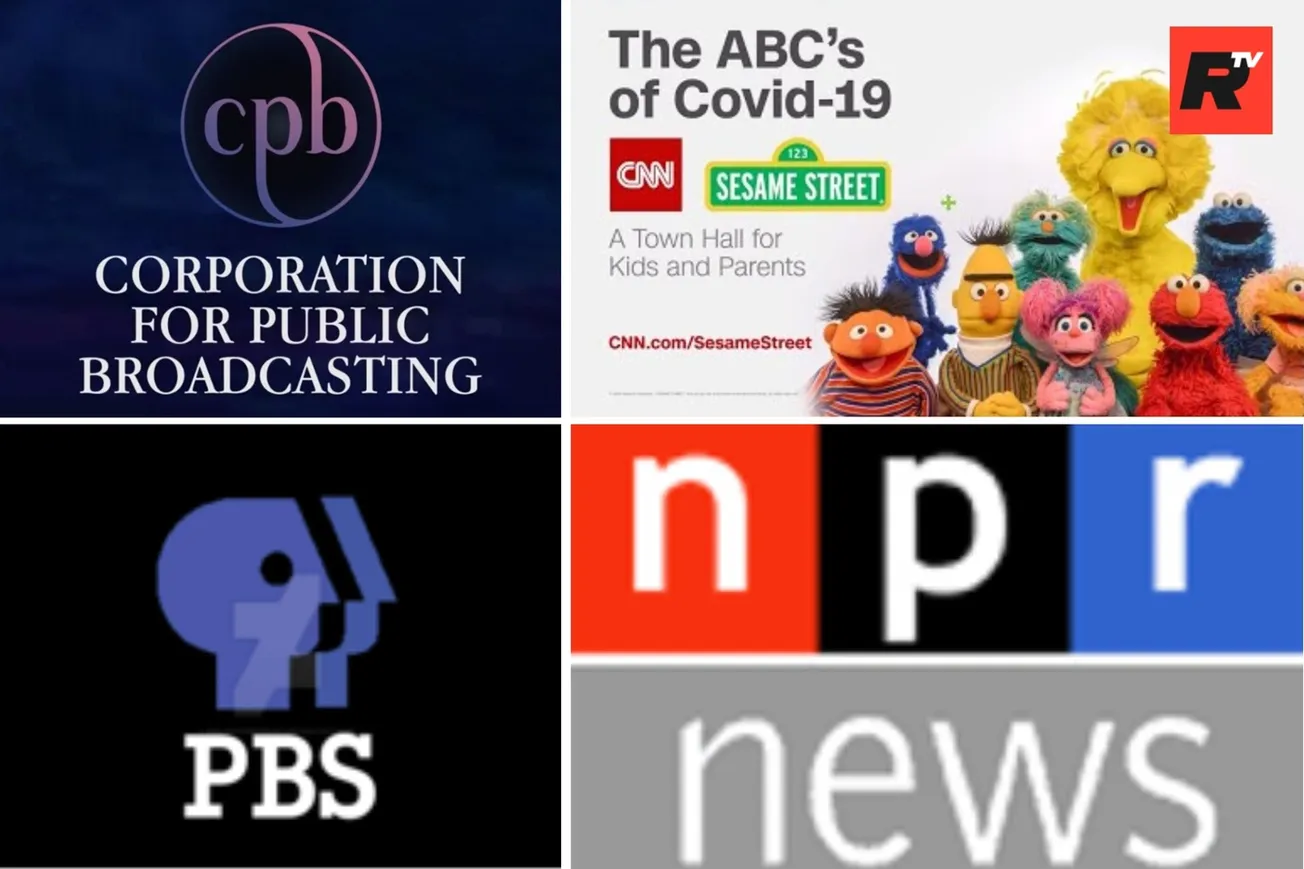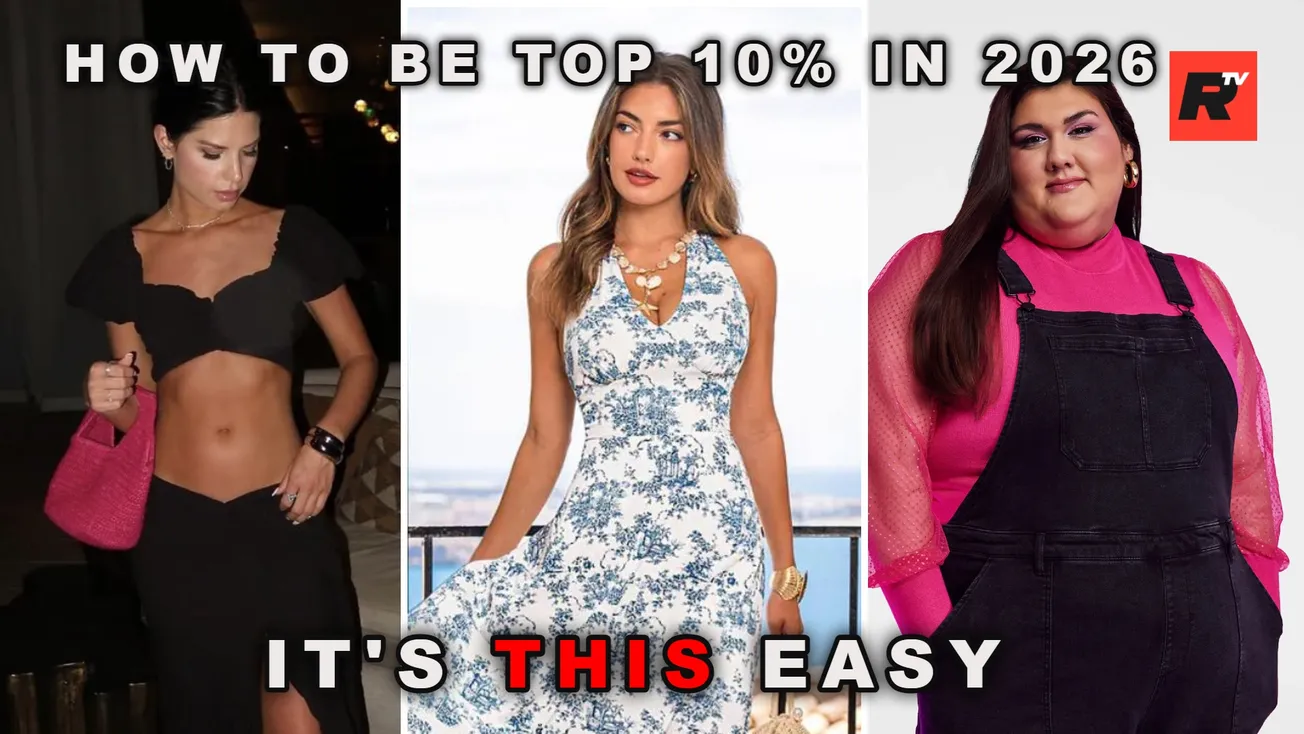Table of Contents
The words conservative vs moderate get thrown around a lot, especially in election years. But for many voters, these labels go deeper than just buzzwords.
If you’re trying to figure out the difference between a conservative and a moderate—and why it matters—it helps to cut through the noise and look at what really separates the two.
Conservative vs moderate: Principles or pragmatism?
At the heart of it, conservatives are guided by principles: Tradition, individual responsibility, and a belief in limited government. They trust that the institutions we’ve inherited—faith, family, and freedom—have value that shouldn’t be tossed aside just because the culture shifts.
Moderates, on the other hand, tend to think more practically. They’re not as attached to a set of fixed ideas and often take issues one at a time. This doesn’t mean they don’t care—it just means they weigh things differently. Where a conservative might ask, “What’s the right thing based on our values?” a moderate might ask, “What’s the most workable solution right now?”
73% of the country self-identifies as either moderate or conservative. pic.twitter.com/MdFOVWUJ68
— Hunter📈🌈📊 (@StatisticUrban) July 26, 2024
Why it matters in 2025
The American electorate is shifting. A Gallup study shows that while conservatives still outnumber liberals, the number of voters identifying as “moderate” has shrunk in recent years. That’s partly because politics has become more polarized. People feel pressured to choose sides.
Still, moderates are far from irrelevant. In fact, they often decide elections. Some moderates are disengaged, voting only now and then. Others are what researchers call “true moderates”—people who sincerely hold a mix of views that land them near the center. These are the voters who swung from Obama to Trump, then maybe gave Biden a try, and then went back to Trump. They’re almost always up for grabs.
Are moderates just watered-down conservatives?
Not necessarily. Some moderates lean conservative on issues like taxes or school choice, but lean left on things like marijuana or gay marriage. This doesn’t make them weak—it makes them complex. Many of these voters are former Republicans who are skeptical of the party’s direction, but aren’t about to jump ship to the Democrats.
What they’re really looking for is a balance—someone who speaks clearly, respects the Constitution, and doesn’t push radical change in either direction.
Nikki Haley and the “moderate” label
Look at someone like Nikki Haley. Some call her a moderate, but policy-wise, she’s conservative through and through: Tax cuts, strong border, pro-business. What sets her apart is her tone—she delivers her message with clarity and calmness.
But even Haley’s brand of moderation hasn’t gained much ground in the GOP. That tells us something: Voters want authenticity more than labels. Moderates lose ground when they try to please everyone. Conservatives win when they stand their ground—without sounding like political flamethrowers.
Kamala Harris is not a moderate. As President, she would implement far-left liberal policies.
— Nikki Haley HQ (@NikkiHaleyHQ) November 3, 2024
Just take Kamala at her word ⬇️pic.twitter.com/fyUo6bVKkB
Where conservatives win
Conservatives have an edge when they stick to what works: Economic freedom, school choice, border security, and a strong but restrained foreign policy. They resonate when they focus on real-world issues—like keeping Big Pharma in check, questioning endless wars, and defending free speech on college campuses.
Conservative vs moderate: The key difference
The gap between conservatives vs moderates isn’t always about right vs left. Occasionally, it’s about mindset. Conservatives lean on values; moderates lean on balance. Voters are tired of extremes, but they’re also tired of candidates who don’t stand for anything.
Being conservative means something. It means believing in this country, not apologizing for it. It means defending the family, the flag, and the right to live freely. Moderates might nod along—but it’s conservatives who’ve got the conviction to act.
And that’s where the future will be decided.









